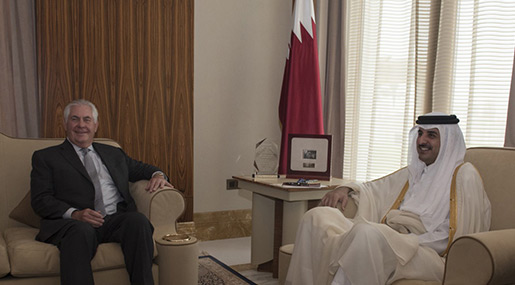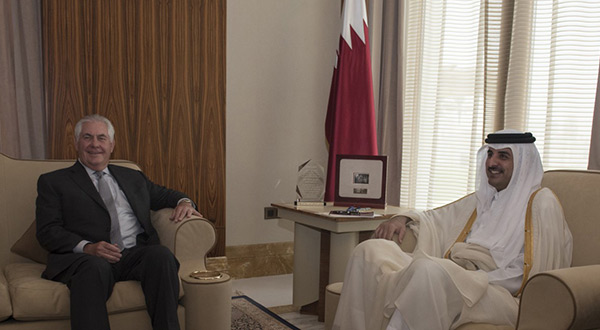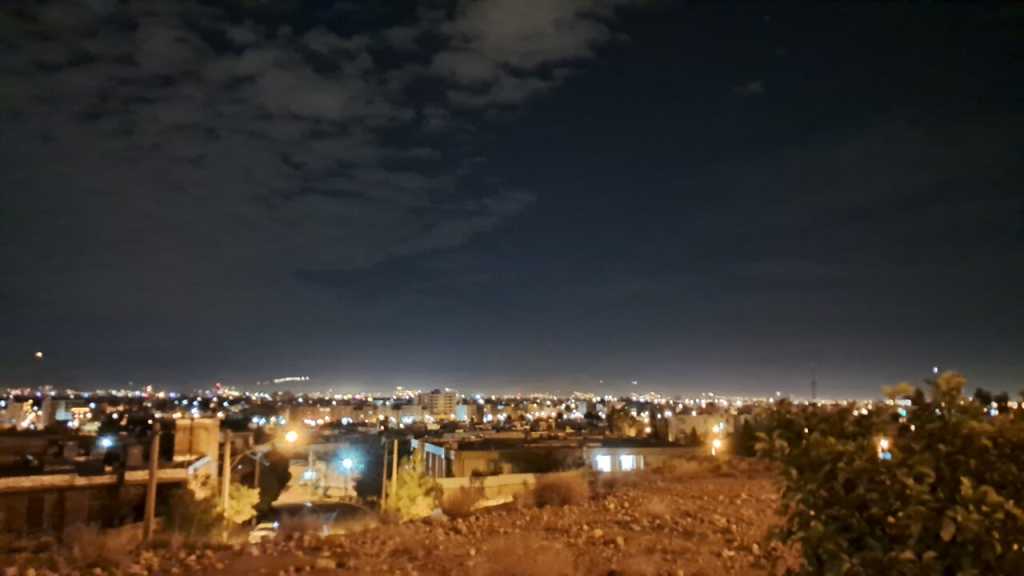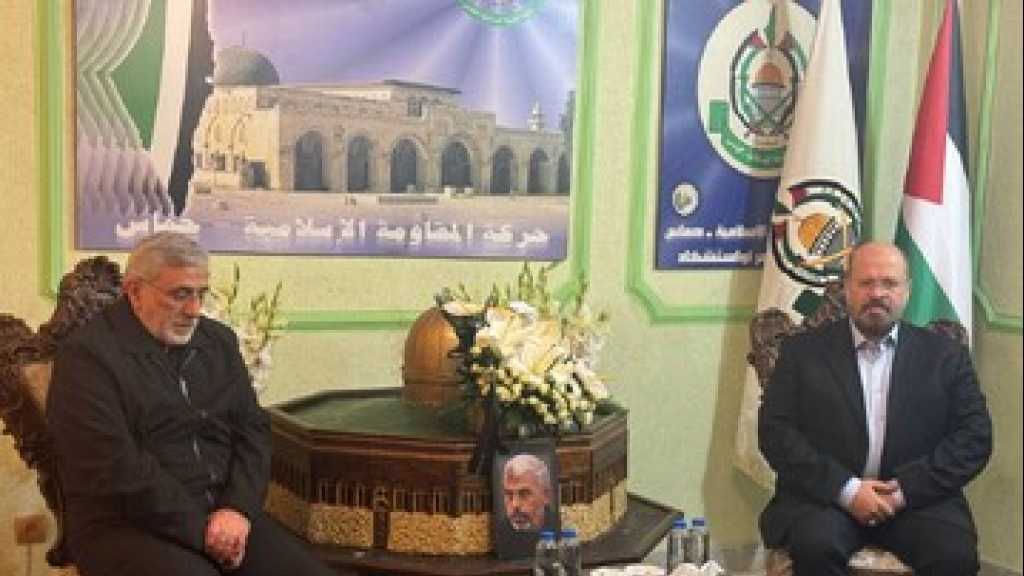US Intel: UAE Orchestrated Qatari Gov’t Sites Hacking

Local Editor
US intelligence officials said the United Arab Emirates orchestrated the hacking of Qatari government news and social media sites in order to post incendiary false quotes attributed to Qatar's emir, Sheikh Tamim Bin Hamad al-Thani, in late May that sparked the ongoing upheaval between Qatar and its neighbors.

Officials became aware last week that newly analyzed information gathered by US intelligence agencies confirmed that on May 23, senior members of the UAE government discussed the plan and its implementation. The officials said it remains unclear whether the UAE carried out the hacks itself or contracted to have them done. The false reports said that the emir, among other things, had called Iran an "Islamic power" and praised Hamas.
The hacks and posting took place on May 24, shortly after US President Trump completed a lengthy counterterrorism meeting with Gulf leaders in neighboring Saudi Arabia and declared them unified.
Citing the emir's reported comments, the Saudis, the UAE, Bahrain and Egypt immediately banned all Qatari media. They then broke relations with Qatar and declared a trade and diplomatic boycott, sending the region into a political and diplomatic tailspin that Secretary of State Rex Tillerson warned could undermine US counterterrorism efforts against the Daesh.
In a statement released in Washington by its ambassador, Yousef al-Otaiba, the UAE said the Post article was "false."
"The UAE had no role whatsoever in the alleged hacking described in the article," the statement said. "What is true is Qatar's behavior. Funding, supporting, and enabling extremists ... Inciting violence, encouraging radicalization, and undermining the stability of its neighbors."
The revelations come as emails purportedly hacked from Otaiba's private account had circulated to journalists over the past several months. That hack has been claimed by an apparently pro-Qatari organization calling itself GlobalLeaks. Many of the emails highlight the UAE's determination over the years to rally Washington thinkers and policymakers to its side on the issues at the center of its dispute with Qatar.
The ongoing crisis threatened to complicate the US-led coalition's fight against the Wahhabi Daesh [Arabic acronym for "ISIS" / "ISIL"] as all participants are US allies and members of the anti-Daesh coalition. Qatar is home to more than 10,000 US troops and the regional headquarters of the US Central Command while Bahrain is the home of the US Navy's 5th Fleet.
President Donald Trump had sided strongly with Saudi Arabia and the UAE in the dispute, publicly backing their contention that Doha is a supporter of extremist militant groups and a destabilizing force in the Middle East. Secretary of State Rex Tillerson recently concluded several days of shuttle diplomacy in the Gulf, but he departed the region without any public signs of a resolution.
Qatar had repeatedly charged that its sites were hacked, but it has not released the results of its investigation. Intelligence officials said their working theory since the Qatar hacks has been that Saudi Arabia, the UAE, Egypt or some combination of those countries were involved. It remains unclear whether the others also participated in the plan.
US intelligence and other officials spoke on the condition of anonymity to discuss the sensitive matter.
The Office of the Director of National Intelligence declined to comment, as did the CIA. The FBI, which Qatar has said was helping in its investigation, also declined to comment.
Source: WP, Edited by website team




